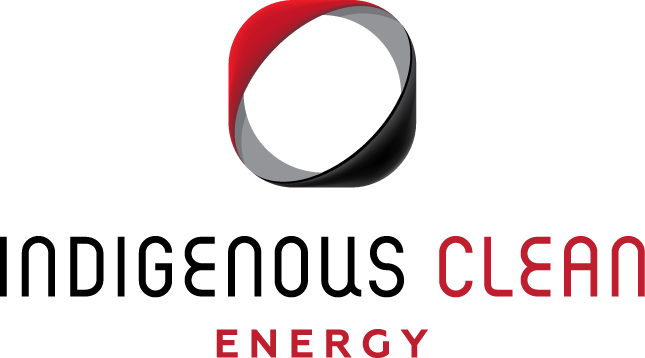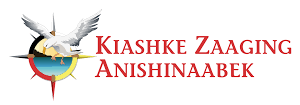Indigenous Clean Energy Sovereignty: Mapping a Way Forward with Cogenerative Journalism
Project overview
This project focuses on the clean energy sovereignty journeys of Indigenous communities in Canada, with a particular focus on social equity and accessibility to sustainable energy solutions. Through both its methodology and its subject matter, it responds to the Truth & Reconciliation Commission’s call to to shift the historically negative depiction of Indigenous peoples in Canadian media.
This project seeks to form research-creation journalism and new teaching methods based on a more holistic model of working with Indigenous peoples and communities, that places the principles of reconciliation, collaboration, and inclusivity at the center of the journalistic process.
By conducting research-creation in this way, the project will further explore the role non-Indigenous journalists have in the ongoing reconciliation between the media and Indigenous peoples in Canada. This research project also provides an excellent opportunity to strengthen media theory-practice alignment in science journalism and reporting.
Key project details
| Principal investigator | Aphrodite Salas, associate professor, Journalism, Concordia University |
Co-principal investigators |
David M. Secko, associate professor, Journalism, Concordia University; Kristy Snell, Interim Academic Leader, I3J Institute, Concordia University |
Research collaborators |
Ursula Eicker, Concordia University; AJ Esquega, Indigenous Clean Energy; Ian Scholten, Indigenous Clean Energy; Chris Bury, CTV News Montreal. |
| Non-academic partners | Indigenous Clean Energy, Kiashke Zaaging Anishinaabek-Gull Bay First Nation, CTV News |
| Research Keywords | Indigenous, journalism, clean energy, energy sovereignty, cogenerative journalism, reconciliation, decolonization, living lab |
| Budget | Cash: $200,000 In-Kind: $150,000 |
Publications:
K. Snell and G. Roley, “Creating welcoming spaces: Indigenous journalism students’ perspectives on programming and representation,” Facts and Frictions, vol. 4, no. 1, pp. 8–20, Nov. 2024, doi: 10.22215/ff/v4.i1.02.
Reports:
Voltage Quebec Government Report, September 17, 2025.
Video stories CBC television & streaming, CBC digital article, CBC Radio-Canada, July 5, 2025.
A l'Universite Concordia, un cours pour decoloniser les pratiques journalistiques, CBC Radio-Canada, April 10, 2025.
Walrus Talks: Collaborative Journalism and the Electrification Equation, Youtube, April 15, 2024.
Kristy Snell: Research Impact Award, Concordia University, June 1, 2025
Research focus

Cogenerative journalism
This research project places a significant emphasis on the development of a model of cogenerative journalism, seeking to redefine journalistic practices within Indigenous communities. Additionally, the initiative plans to initiate research for a peer-reviewed article, contributing to the academic discourse on innovative journalism models that foster collaboration and understanding between journalists and Indigenous communities, particularly within the Canadian context.

Indigenous climate leadership
The research also focuses on the intersection of clean energy initiatives, collaborative journalism and Indigenous climate leadership. By exploring the potential of collaborative journalism techniques, the project aims to amplify the voices of Indigenous communities involved in clean energy initiatives. This not only contributes to the decolonization of journalism education and media but also showcases innovative solutions put forth by Indigenous climate leaders.

Community engagement
Aiming to rectify historical biases in media representation of Indigenous communities, this research proposes a robust approach to community involvement through a new journalism model. The initiative places importance on knowledge mobilization, contributing to the larger goal of decolonizing journalism education, fostering social cohesion, and promoting economic investment within the context of climate change and net-zero energy transitions.
Non-academic partners
Thank you to our non-academic partners for your support and trust.



Volt-Age is funded by a $123-million grant from the Canada First Research Excellence Fund.


